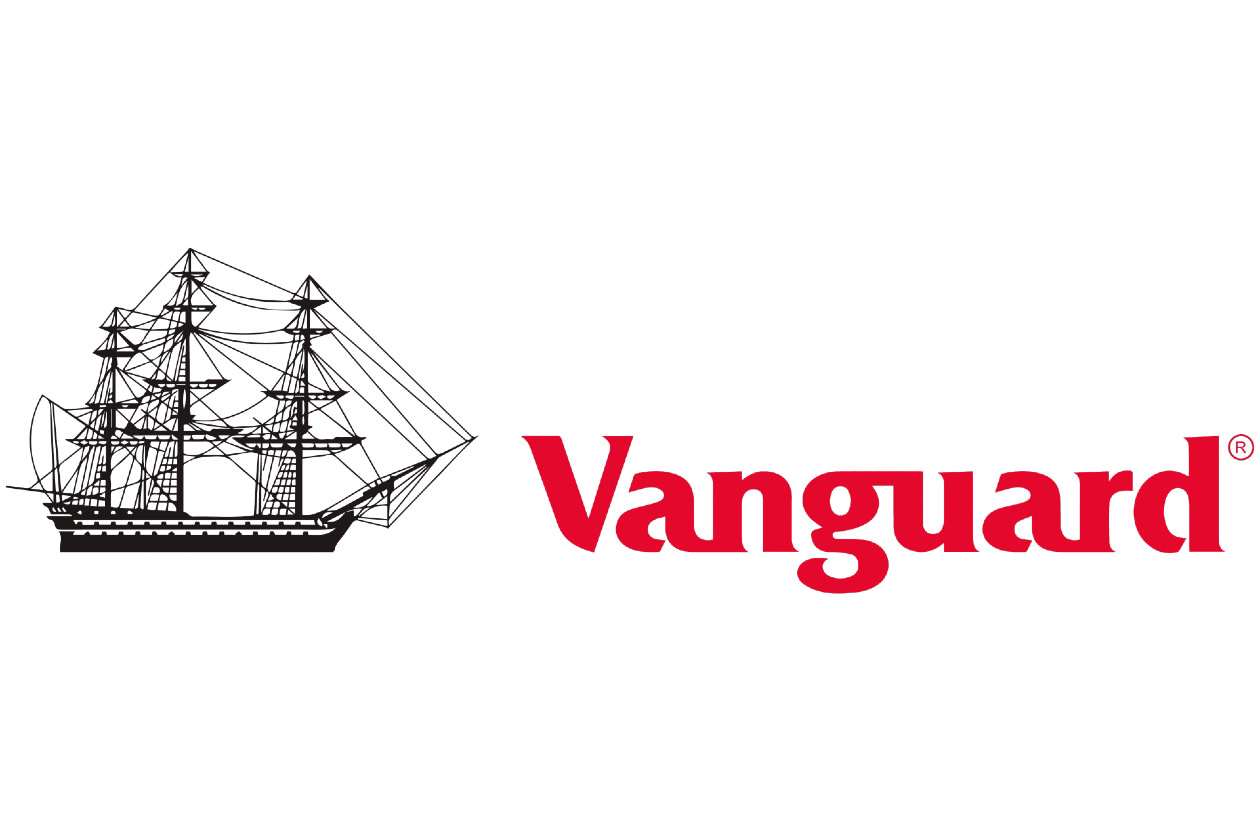Vanguard is a pioneer in index investing and launched its first ETF in 2001
This ETF provides exposure to companies across the world that generally pay higher than average dividends
It offers a low-cost way of tracking the performance of the FTSE All-World High Dividend Yield Index
How it fits in a portfolio
An ETF is a basket of investments that often includes company shares or bonds. They tend to track the performance of an index such as the FTSE All-World High Dividend Yield Index and trade on stock exchanges, like shares. This means their price fluctuates throughout the day.
The Vanguard FTSE All-World High Dividend Yield ETF invests in large and medium-sized companies, excluding real estate trusts, in developed and emerging markets that pay dividends that are generally higher than average. Emerging markets offer investors greater potential for growth, but they can be subject to more price volatility and are higher risk than their more developed counterparts.
An ETF is one of the simplest ways to invest and can be a low-cost starting point for an investment portfolio aiming to deliver a combination of income and long-term growth.This ETF could diversify an income portfolio focused on bonds and offer an alternative way to invest for income, although investing in shares is higher risk. As it’s heavily invested in the US, it could also diversify a portfolio focused on other regions like Europe and Asia, or one focused on smaller companies.
Manager
Vanguard is a pioneer when it comes to passive investing, having created the first retail index fund over 45 years ago. It now runs some of the largest index funds in the world. Given its size, it has a big investment team with the expertise and resources to track indices and markets as closely as possible, while having scale to keep costs down.
Vanguard ETFs are run by a large, global team. They’re spread across three investment hubs around the world – the US, UK and Australia. This team-based approach means there’s no named manager on the ETF. As a collective team, Vanguard has run this ETF for 11 years.
Vanguard also has a trading analytics team, which is responsible for ensuring the ETFs buy and sell investments efficiently and at a competitive cost. This involves analysing data from different brokers and banks. Lower costs should help the ETFs track their benchmarks as tightly as possible.
Process
This ETF aims to track the performance of the FTSE All-World High Dividend Yield Index by investing in most of the companies in the index. At the end of May 2024, there were 2,002 companies in the ETF versus 2,168 in the index. This is known as partial replication and can help the ETF track the index closely without the need to buy all the smaller companies in the index which can be more difficult and costly to trade.
The index selects the companies from the FTSE All-World Index that have higher than average dividend yields. Real estate investment trusts are removed from the index, as are companies that are not forecast to pay a dividend over the next 12 months. The remaining companies are ranked by annual dividend yield and added to the index until they make up 50% of the total market value.
The ETF has a large weighting in the US, which made up 43.6% of the fund at the end of May 2024, followed by Japan and the UK at 8.5% and 7.7% respectively. The focus on income steers the portfolio towards sectors like financials which account for 25.8% of the ETF. Other important sectors include industrials, consumer staples and energy.
Reducing costs is a key part of keeping the tracking difference between the ETF and the benchmark to a minimum. In any ETF, factors like taxes, dealing commissions and spreads, and the cost of running the ETF all drag on performance. To help keep these costs down, the team aims to make large investments in companies instead of lots of small transactions.
Vanguard will also lend some of the investments in the ETF to other providers in exchange for a fee, which can be used to offset some of the costs. They will only lend securities to a limited number of high-quality approved dealers. They indemnify the fund against any loss from this process, meaning there should be no negative impact on investors. However, stock lending is a higher risk approach.
As this ETF is listed offshore investors are not usually entitled to compensation from the UK Financial Services Compensation Scheme.
Culture
Vanguard is currently the second largest asset manager in the world and runs around $8.6trn of assets globally as of March 2024. The group aims to put the client at the forefront of everything it does, which drives its focus on quality, low-cost index products.
John Bogle, known as Jack, founded Vanguard in 1975 and it’s owned by investors. This allows Vanguard to redirect its profits back to investors in the form of lower fees, instead of paying dividends to external shareholders. Bogle believed in creating products that simply track the performance of a market rather than taking a shot at picking individual companies which may beat them.
The team running this ETF works closely with other equity research and risk departments across the business. They have daily and weekly meetings to discuss ongoing strategy which could add good support and challenge on how to run the ETF effectively.
ESG Integration
Vanguard is predominantly a passive fund house. While it has offered exclusions-based passive funds for many years, it has lagged peers in offering passive funds that explicitly integrate Environmental, Social and Governance (ESG) criteria by tracking indices that tilt towards companies with positive ESG characteristics, and away from those that don’t.
Vanguard’s Investment Stewardship team carries out most of the firm’s voting and engagement activity. Their stewardship activity is grounded in the firm’s four principles of good governance: board composition and effectiveness, oversight of strategy and risk, executive compensation and shareholder rights. The Stewardship team produces frequent insights on their engagement activity at both a corporate and governmental level.
Vanguard courted controversy in 2022 when it left the Net Zero Asset Managers’ Initiative, a group of asset managers that have committed to achieving net zero carbon emissions by 2050. It claimed its decision would improve clarity for investors and allow it to speak independently. We view this as a disappointing backward step, but we’re encouraged that the company will continue to engage with companies on climate-related issues.
The Vanguard FTSE All-World High Dividend Yield ETF tracks an index that does not specifically integrate ESG considerations into its process. The ETF can therefore invest in shares issued by companies in any sector.
Cost
The ETF currently has an ongoing annual fund charge of 0.29%. The annual charge to hold ETFs in the HL ISA or SIPP is 0.45% (capped at £45 p.a. in the ISA and £200 in the SIPP). There are no charges from HL to hold ETFs within the HL Fund and Share Account or HL Junior ISA. Ensuring an ETF has a low charge is an important part of tracking the underlying index closely.
As ETFs trade like shares, both a buy and sell instruction will be subject to the HL share dealing charges.
Performance
Since launch in May 2013, the ETF has done a good job of tracking the index, returning 126.91%*. As expected from an ETF, it’s fallen behind the benchmark over the long term because of the costs involved. However, the tools used by the managers have helped to keep performance tight to the index. Remember, past performance isn’t a guide to future returns.
Over the last 12 months, the ETF rose 16.51% which is in line with the performance of the underlying index it tracks. This however lagged the performance of the broader global stock market, as returns were driven by technology companies due to the significant advancements in Artificial Intelligence (AI). This income focused ETF has less invested in this sector as these companies usually reinvest their profits back into the business for growth rather than pay dividends to shareholders.
Financial companies also performed well during this period, which benefitted the ETF as it has a larger weighting in this sector. Banks have profited from the increased cost of borrowing due to higher interest rates, with JPMorgan Chase, the largest bank in the US, reporting record profits in 2023. Dividends globally reached an all-time high in 2023 with record payouts by banks making up half of the dividend growth.
On the other hand, consumer staples detracted from the ETF’s performance, as returns were broadly flat, and the ETF has more invested in this sector versus the global market. Swiss company Nestlé, the world’s largest food and beverage company, struggled over the year. Higher inflation has increased the company’s own costs and the cost of living for customers which has resulted in lower-than-expected sales.
The ETF’s yield was 3.05% as of the end of May 2024. Yields aren’t guaranteed and shouldn’t be considered a reliable indicator of future income.
Given Vanguard’s size, experience and expertise running ETFs, this ETF should continue to track the index well in future, though there are no guarantees.
Annual percentage growth
May 19 – May 20 | May 20 – May 21 | May 21 – May 22 | May 22 – May 23 | May 23 – May 24 | |
|---|---|---|---|---|---|
Vanguard FTSE All-World High Dividend Yield ETF | -5.48% | 22.54% | 13.49% | -2.91% | 16.51% |


